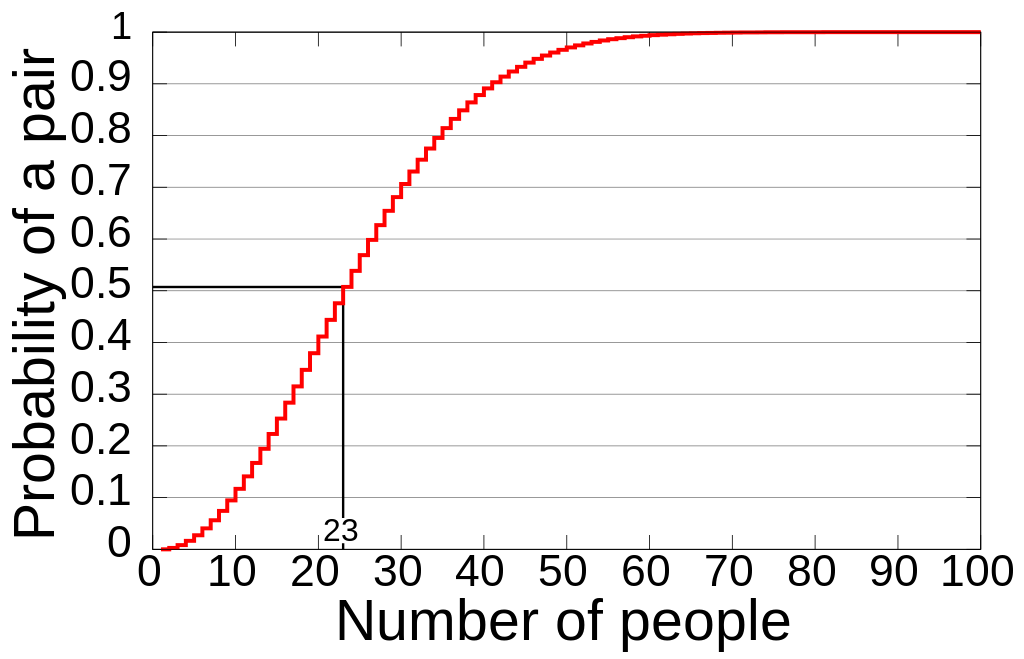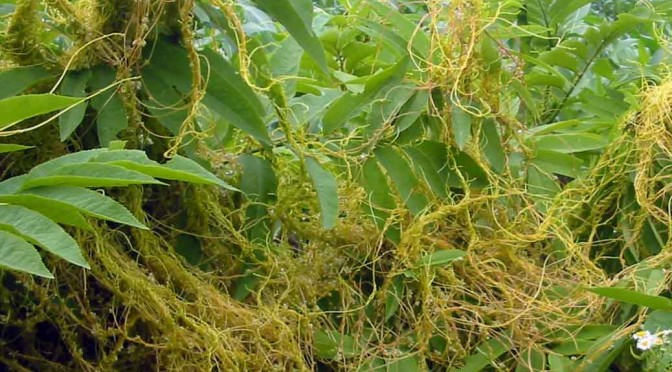By Anupum Pant
Imagine you meet a random person in the street and ask him/her when is their birthday, there’s a huge chance that the person’s birthday will not be the same as your birthday. In fact, the probability of both your birthdays being on the same day is around 0.27%. Fat chance. At the back of our heads, this is something that is very clear to all of us.
Again, if you repeat this by asking about 22 people the same question, the chance of you finding someone having the same birthday as yours is still around 5%. Too less. This is too is a very intuitive piece of information.
But consider this. If I put all of the 22 guys and you in a room, there’s a big chance that 2 people in that room will have the same birthday – a 50% chance. Moreover, if there are 70 people in the room, this chance increases to about 99.99%. This is called the birthday problem or the birthday paradox.
So, what changed when 20 people went into the room? It was just the fact that in the room, we are picking 2 people from a group of 23 people. That is equivalent to this – everyone is asking everyone their birth dates. Everyone doing it simultaneously makes the probability much higher. The probability of two people sharing a birth date among a group of 23 people is far higher than you alone going around and asking all the 22 people, and finding someone having the same birthday as your’s.
Suppose there are 200 people in the room. The probability of 2 people sharing their birthday is massive (and yet not definite). There is in fact a 99.9999999999999999999999999998% chance!
Finally, if you had 367 people in a room, at least a pair among these 367 people in the room would definitely have the same birth date. The 99.99% chance shoots up to a definite (100%) probability if there are 367 people in the same room. Think about it for a minute.

